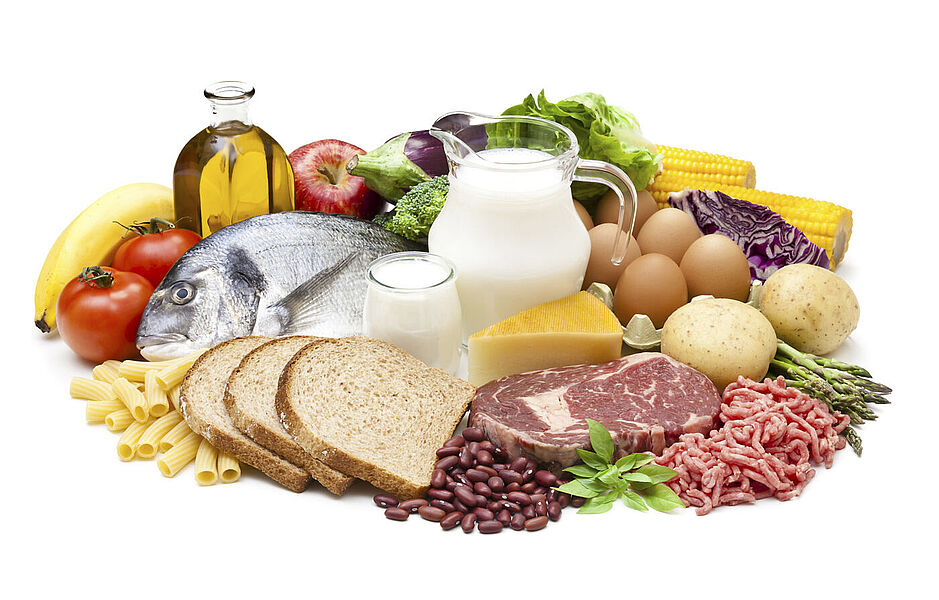Findings of phosphonic acid in biologically produced food
The fungicide fosetyl aluminium, or fosetyl-Al for short, is used in a wide variety of conventional food cultivation applications. In organic farming, however, its use is prohibited. When fosetyl-Al is degraded, the intermediate product fosetyl forms the so-called phosphonic acid. For this reason, the residue definition of fosetyl-Al under Regulation EU No 396/2005 is fosetyl-Al as the sum of fosetyl and phosphonic acid, and their salts expressed as fosetyl.

In organic farming, fertilisers or plant fortifiers, such as foliar repellents, containing phosphonates, may be used. However, these phosphonates can be converted into phosphonic acid in the course of their degradation process.
Detection of fosetyl-Al or fosetyl in organic food
The detection of fosetyl-Al or fosetyl therefore poses a particular challenge in the laboratory analysis of organic food products. In many cases only phosphonic acid is detected, not fosetyl-Al or fosetyl. In analysis, there is no way of distinguishing whether the detected phosphonic acid and its salts originate from the use of an unauthorised plant protection product containing fosetyl-Al or from a fertiliser/plant fortifier that may be used in organic farming. In any evaluation in adherence with the food law, phosphonic acid is therefore, according to the residue definition, always identified as fosetyl-Al.
What are the implications of this for food producers, suppliers and traders of organic food? Authorities and the German association for organic food, Bundesverband Naturkost Naturwaren (BNN) e.V. accept findings of phosphonic acid in organic products. Therefore, according to BNN, affected organic food should remain marketable with reference to organic farming. The marketing of organic food with findings of fosetyl is still not permitted.
Laboratory analysis for safe organic food
Our experts at WESSLING support food producers, suppliers and retailers in all matters relating to pesticides. The analysis of pesticide residues in food is one of the specialised fields of our experts. We conduct all the required tests, including the tests for the maximum values and guide values of ecologically produced goods. For this purpose we have efficient equipment at your disposal in our ultra-modern laboratories.